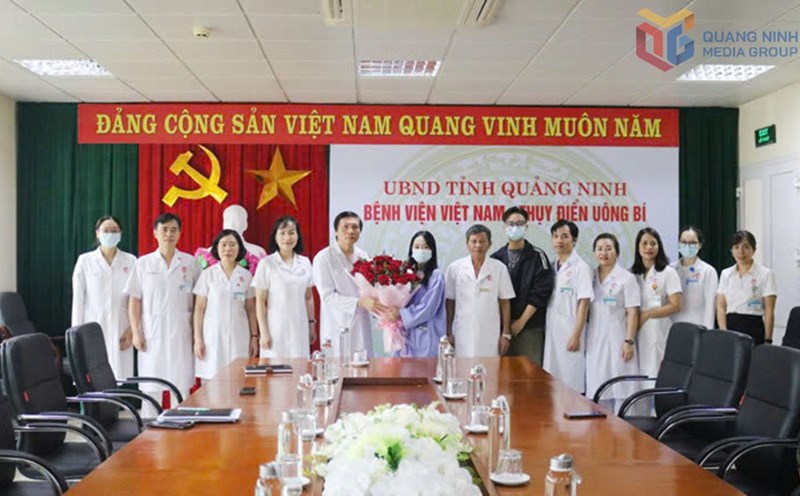Follow a diet to ensure stable functioning of the transplanted kidneys, reduce the risk of excretion and limit the side effects of immunosuppressants.
According to the World Health Organization, there are some food groups that kidney transplant patients should absolutely avoid or strictly limit.
First of all, raw foods such as sushi, fish salad, raw eggs or undercooked meat are dangerous because they can contain bacteria or parasites, causing serious infections.
People who are taking immunosuppressants often used after organ transplants have a weakened immune system should stay away from raw foods to prevent serious food poisoning.
kidney transplant patients should limit foods rich in potassium such as bananas, oranges, potatoes and tomatoes. Initial transplant kidneys may not be functioning stably, leading to potassium accumulation that disrupts the heart rate. Controlling potassium and phosphorus in the diet of post-dialysis patients plays a very important role.
In addition, foods high in salt and sodium such as fast food, canned foods, or cold meats are things that kidney transplant patients need to avoid to prevent high blood pressure - the leading risk factor for kidney transplant damage. The World Health Organization recommends that kidney transplant patients maintain a sodium intake of less than 2g per day.
kidney transplant patients should avoid raw foods, limit potassium and salt to protect transplanted kidneys, reduce the risk of infection and optimize treatment effectiveness.
In particular, it is necessary to consult a doctor about diet and strictly follow it.











